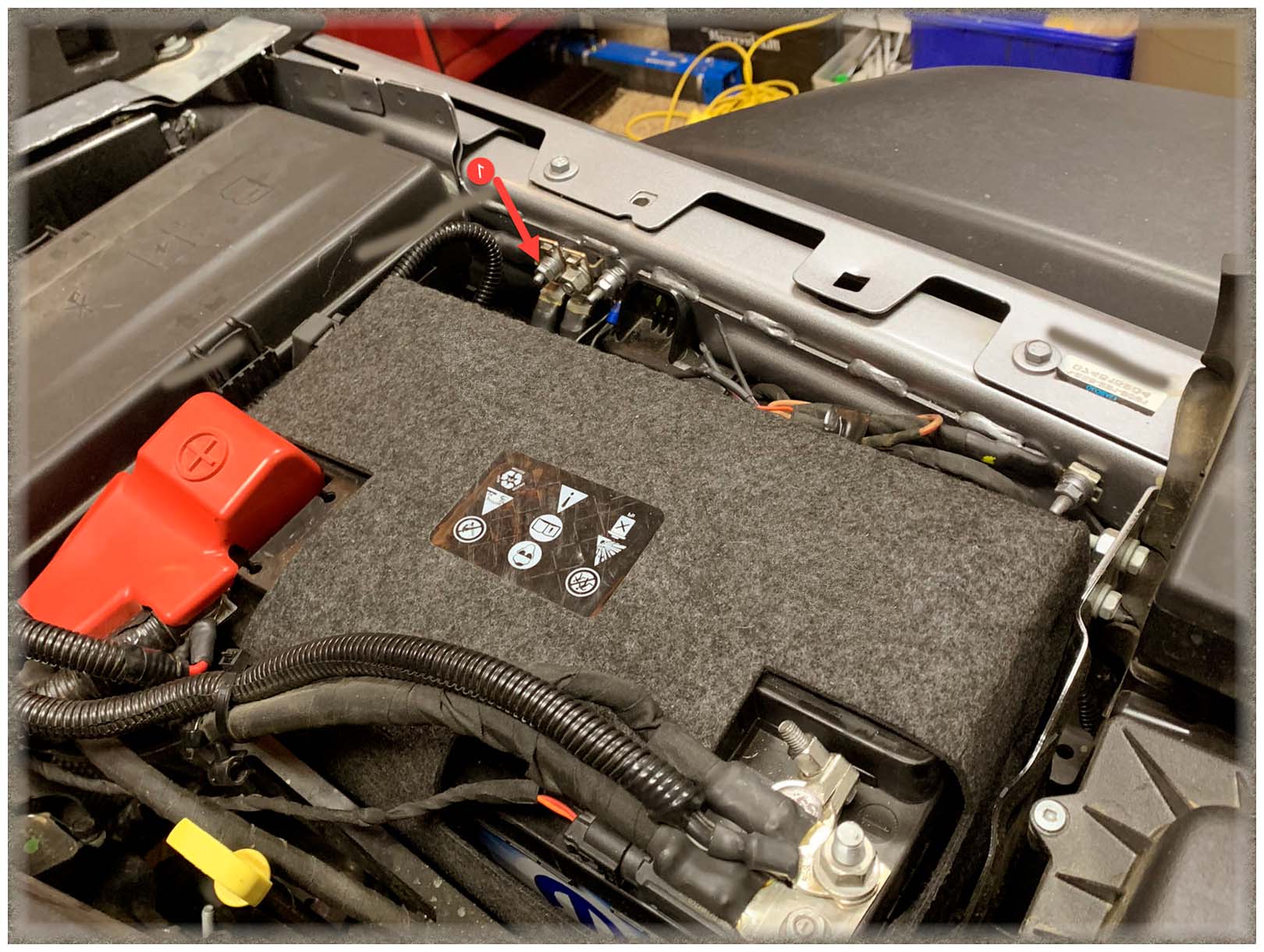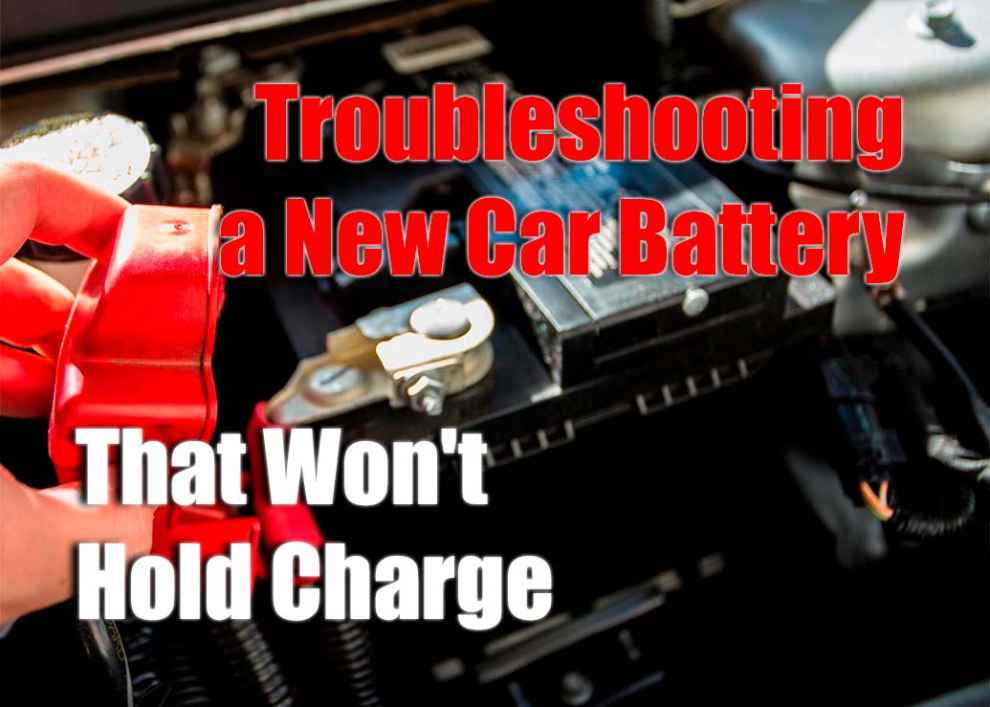A new car battery is essential to keeping your vehicle running smoothly. But if your new Jeep car accumulator won’t hold a charge, it can be a major inconvenience and even lead to more serious problems. To help you troubleshoot this issue, we’ll discuss the common causes of the battery not holding a charge and what to do if your new Jeep car battery won’t hold charge.
Common Causes of Battery Not Holding a Charge
There can be several reasons why your new Jeep car accumulator won’t hold a charge. These include an excessively high electrical draw from accessories such as a powerful stereo system or an energy-consuming navigation system. Another potential cause is corrosion on the accumulator poles, which can impede the battery’s ability to hold and deliver a charge effectively. An old, worn-out car electrical storage that has surpassed its lifespan may also be the culprit. It is important to recognize that, in some cases, loose or corroded terminals can lose their connection with the battery due to exposure to external elements like water or dirt. This can gradually drain the accumulator’s power, leading to a charge-holding problem. Also read about whether ‘will a car run without a battery‘ to understand the essential role of the accumulator and the consequences of its failure.

What to Do If Your New Jeep Car Battery Won’t Hold Charge
If you suspect one of these issues is causing your new Jeep car accumulator not to hold a charge, you can take a few steps to troubleshoot the problem effectively. Begin by visually inspecting the terminals for any signs of corrosion or dirt buildup. If you spot any, cleaning them using white vinegar and water is advisable. Ensure you tighten any loose terminals using a wrench, taking care not to overtighten them, as this can lead to damage. Additionally, to prevent excessive electrical draw on the battery, it is important to ensure that all accessories, such as stereos and navigation systems, are properly grounded.
If these initial steps do not resolve the problem, it is likely that your battery has aged beyond its lifespan and needs to be replaced. It is worth noting that batteries typically last around 3-5 years, so if yours is older, consider purchasing a new one.
How to Maintain Your Battery for Optimal Performance
Following a few key practices to maintain your car accumulator for optimal performance is important. Firstly, regularly inspect the battery for any signs of corrosion, such as white or greenish deposits on the terminals. If present, clean the terminals using a mixture of baking soda and water and a wire brush. It’s also crucial to keep the accumulator secure and free from vibrations, as excessive movement can damage it. Additionally, ensure the battery is securely connected, and the terminals tightened properly. Regularly check the accumulator’s fluid levels, if applicable, and top up with distilled water as needed. Another essential aspect is limiting electronic accessories while the engine is off to avoid draining the accumulator. If you’re not using the vehicle for an extended period, consider using a battery maintainer or disconnecting the negative terminal to prevent accumulator drain. Finally, a professional should inspect your battery and charging system during routine maintenance to detect any potential issues early on. Following these practices can help maintain your car battery for optimal performance and extend its lifespan.
Conclusion
If you are experiencing difficulties with your new Jeep car battery not holding a charge, understanding the common causes and taking appropriate steps to address the issue is crucial. From cleaning and tightening terminals to replacing an aged battery, following these troubleshooting steps will help restore your vehicle’s functionality. Moreover, by adopting proper care and maintenance practices, you can ensure optimal performance and longevity for your Jeep car battery. With these measures in place, you can enjoy the smooth operation of your vehicle for many years to come.

Add Comment